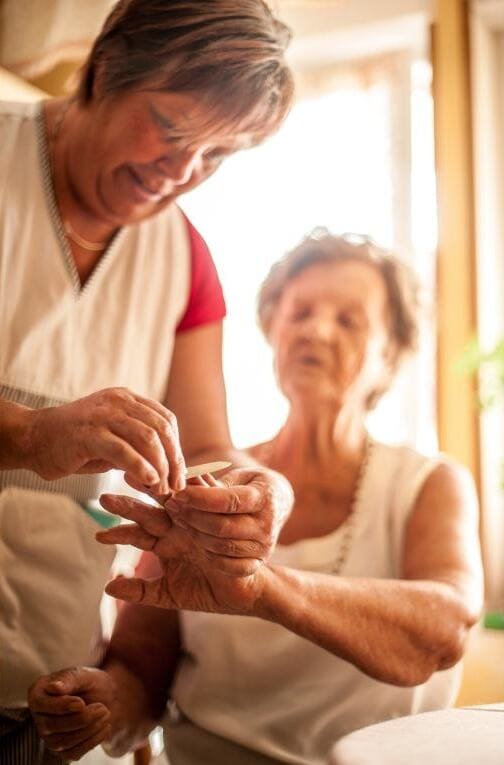Caring for an individual with Parkinson's disease presents a significant challenge for families, both physically and emotionally. As the disease progresses, the demands on the family intensify. In such circumstances, engaging an experienced Parkinson's caregiver, who possesses...
Read More
LAMER İNSAN KAYNAKLARI VE DANIŞMANLIK A. Ş. Özel İstihdam Bürosu Olarak 08.07.2024 – 07.07.2027 tarihleri arasında faaliyette bulunmak üzere, Türkiye İş Kurumu tarafından 01.07.2024 tarih ve 16237449 sayılı karar uyarınca 1706 nolu belge ile faaliyet göstermektedir. 4904 sayılı kanun uyarınca iş arayanlardan ücret alınması yasaktır. Şikayetleriniz için aşağıdaki telefon numaralarına başvurabilirsiniz. İstanbul Çalışma ve İş Kurumu İl Müdürlüğü: 0212 249 29 87 İstanbul Çalışma ve İş Kurumu İl Müdürlüğü Şişli Hizmet Merkezi : 0212 291 09 25




